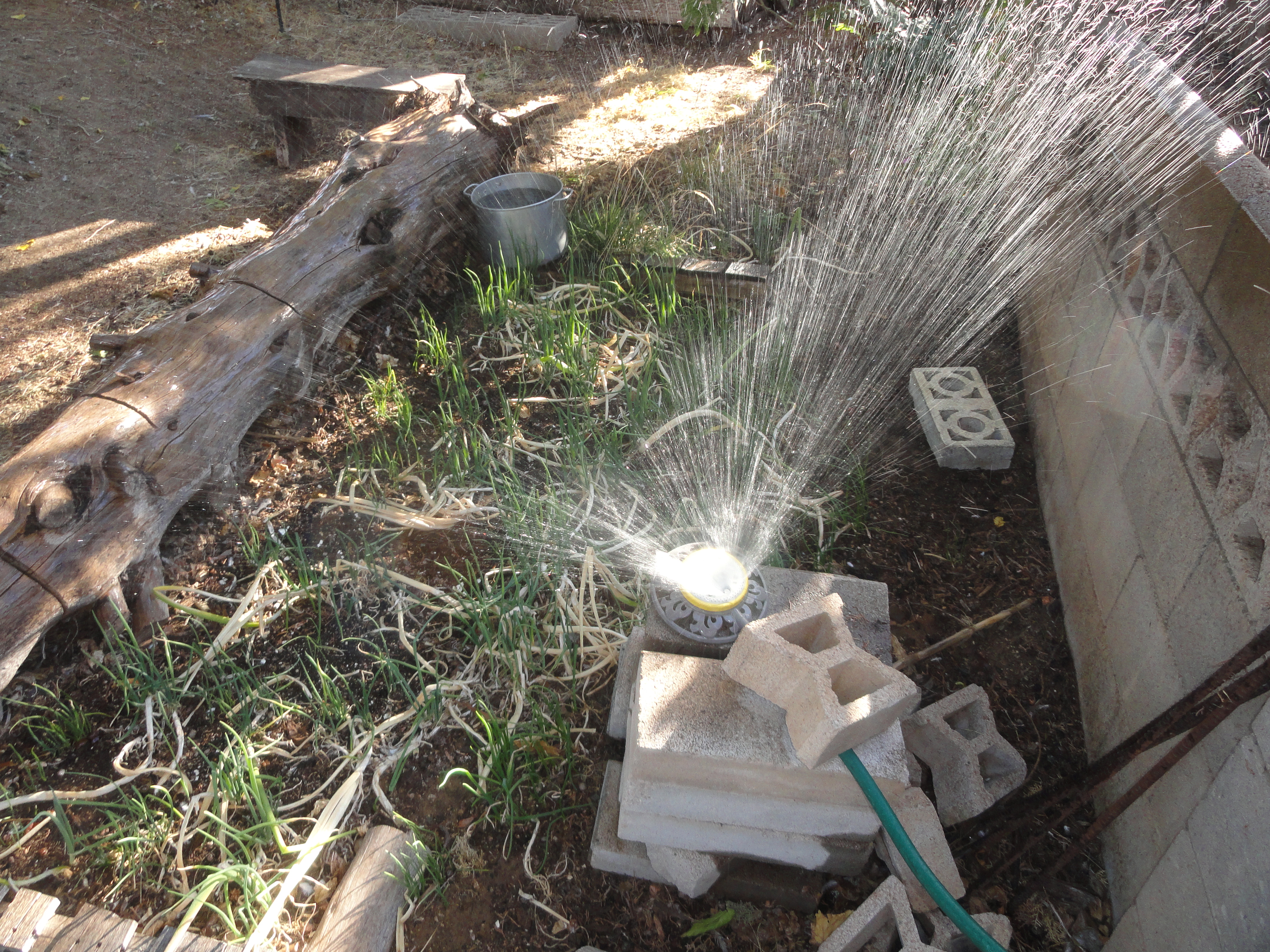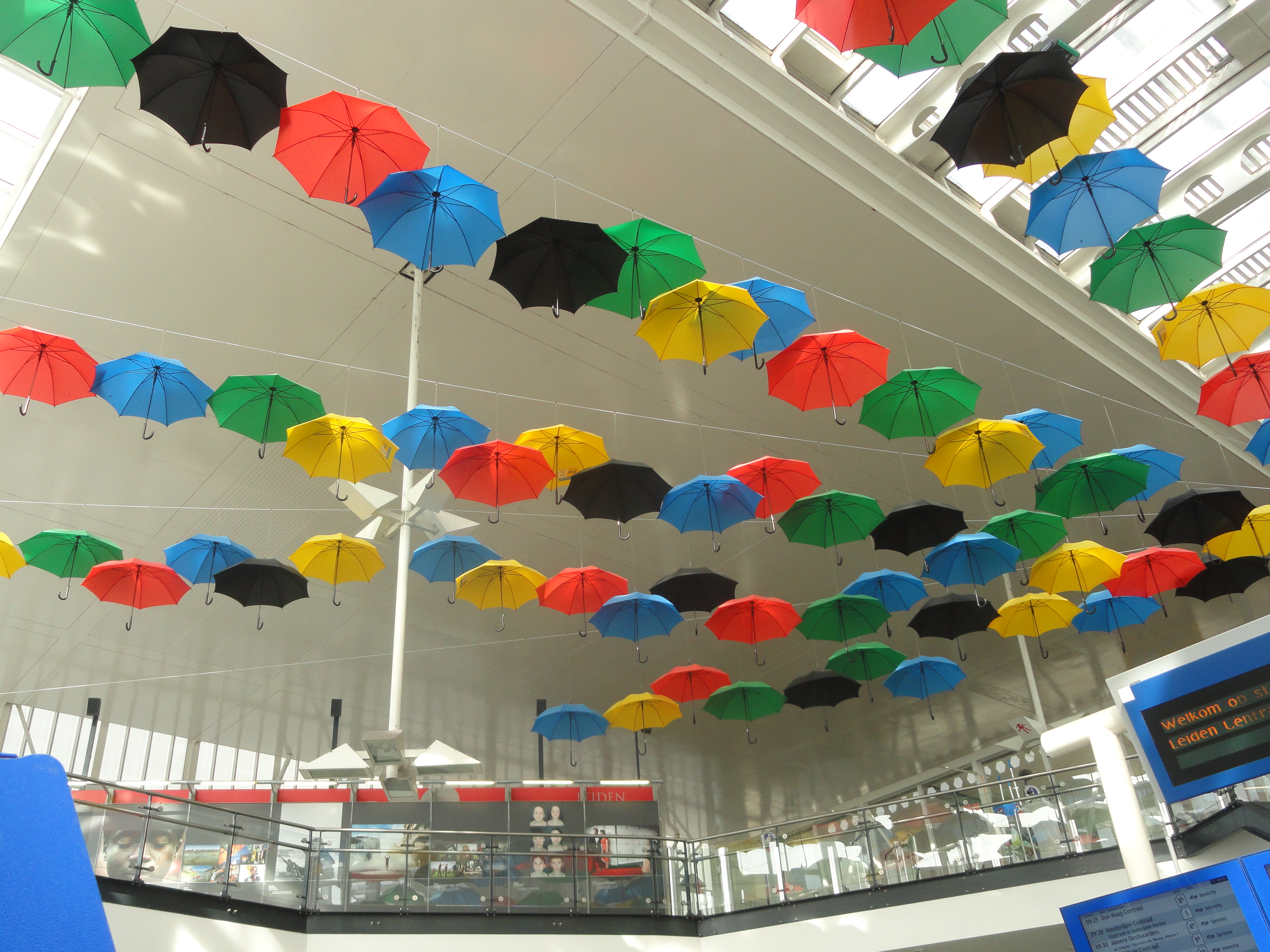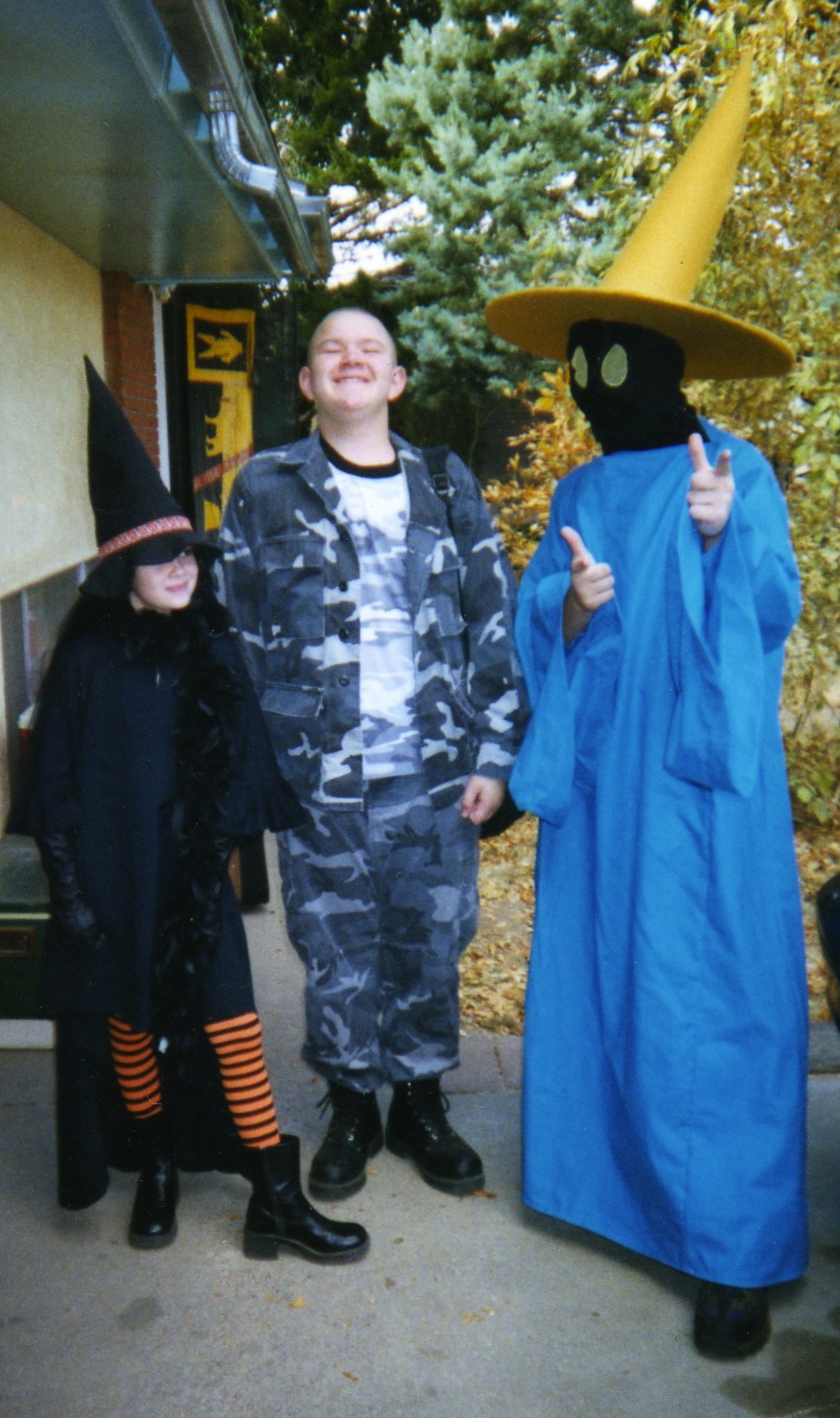
Because the primary "method" of unschooling is living a rich life with a focus on learning and relationships, it's difficult to photograph.
I've had newspaper reporters want to come and photograph my children unschooling, at our house. I told one reporter once that if she wanted to send a photographer, my kids were at various places around town, and I named places and times for the next couple of days. The gaming shop; Kirby teaching karate; Holly playing Harry Potter at a comic book store. I told her if they came to our house what unschooling would look like was a kid on the computer, or watching TV, or playing with toys. She was certain I was missing the point of what she "needed" to have photographed.
photo by Sandra Dodd, who could tell stories about that bench, that tree trunk, those onions, the way the sunlight was hitting that water, the cinderblock bricks and the fence they came off of... but the photo doesn't illustrate the history and connections and realities of the everyday objects in the picture






